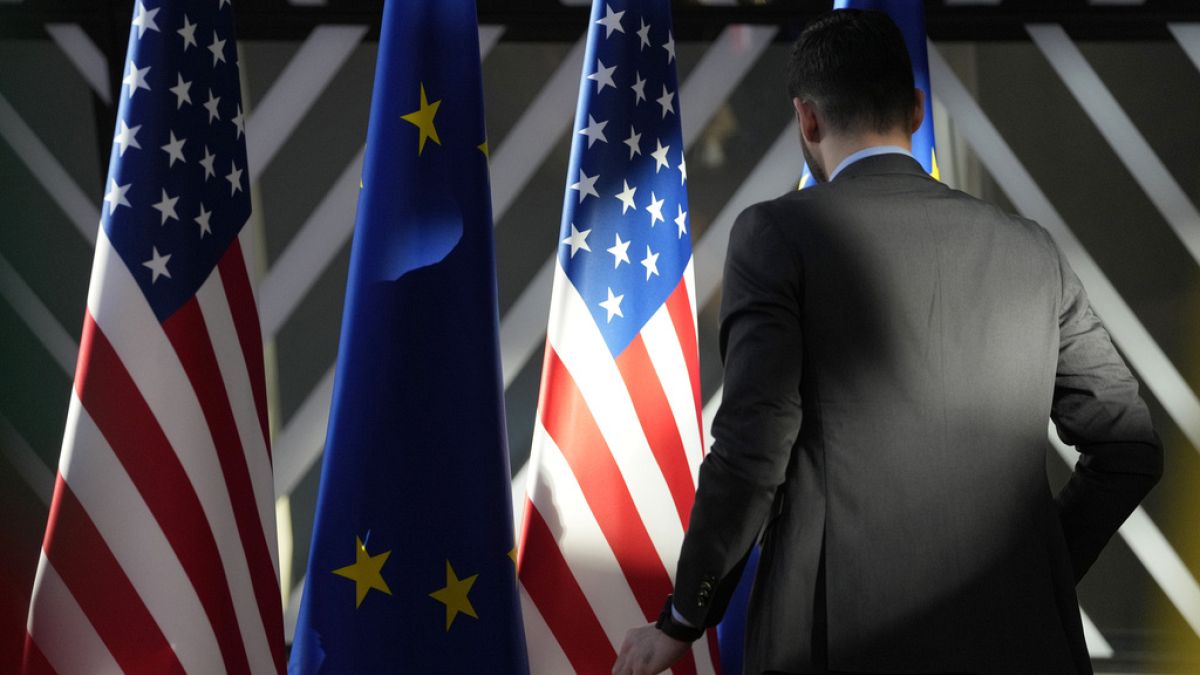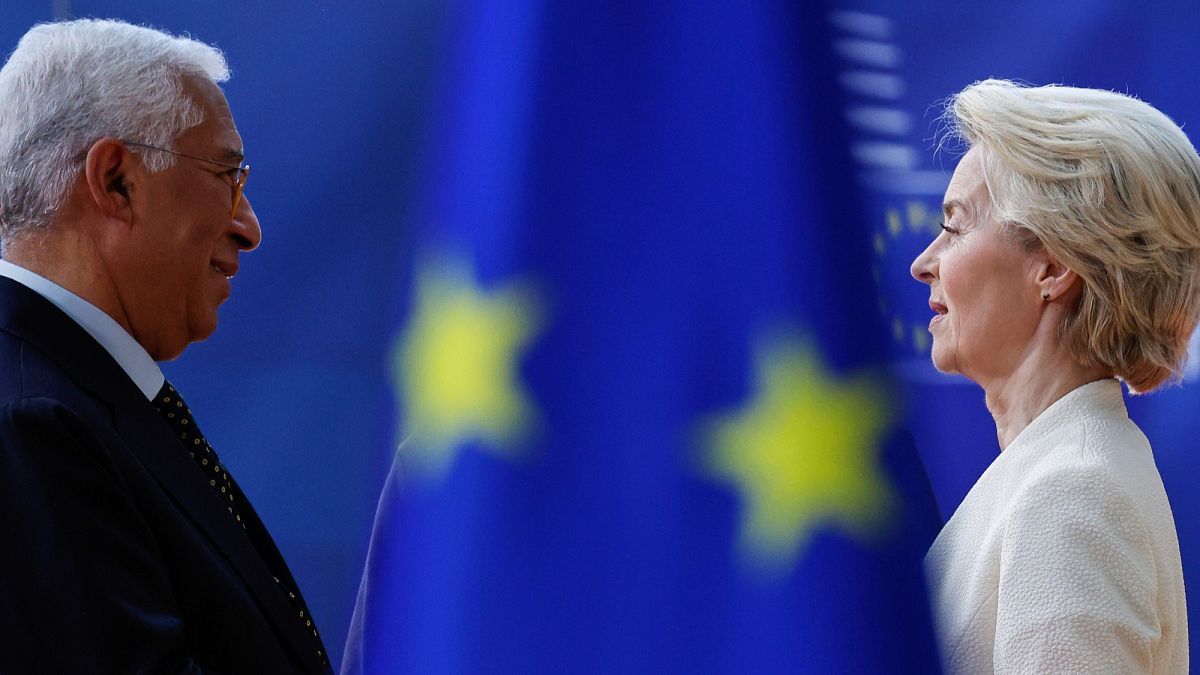Real Madrid coach Carlo Ancelotti's tax evasion trial has opened at a Spanish court, with prosecutors accusing the 65-year old legendary Italian coach of defrauding the state of €1 million in 2014 and 2015.
The prosecution is seeking a prison sentence of up to four years and nine months on two counts of tax fraud.
Ancelotti, who maintains his innocence, is accused of using shell companies to hide his true earnings, allegedly using one company based in the Virgin Islands which did not engage in any bona fide business.
As Ancelotti entered the courtroom on Wednesday, journalists questioned whether he had faith in the judicial system, to which he responded “I do.”
When he was first accused last year, he proclaimed his innocence, arguing he was not a fiscal resident of Spain for part of the time period in question — claims which prosecutors have disputed.
“I already paid the fine, the money is with them, and now the lawyers are talking to try to find a solution,” Ancelotti said in March 2024, adding “let’s see what the judge says”.
The 65-year-old is one of football's most successful coaches, bringing his teams to a Champions League win a record five times.
Ancelotti secured three league wins with Real Madrid and another two with AC Milan. He is also the only coach to have won domestic league titles in England, Spain, Italy, Germany and France.
Football stars in tax trouble
Ancelotti's case is the latest in a string of legal battles between high profile football figures and Spanish authorities, who are cracking down on unpaid taxes — although no defendants have actually been sent to prison so far.
In 2019, former Madrid coach Jose Mourinho received a one-year suspended sentence after reaching a guilty plea for tax fraud. Star players Lionel Messi and Cristiano Ronaldo have also been found guilty of tax fraud in Spain.
Similar to Ancelotti, all three were accused of using shell companies outside Spain to hide revenue from image rights.
Ronaldo agreed to pay a fine of nearly €19 million in 2019, and was handed a two-year suspended sentence that he didn’t have to serve.
Messi and his father were also found guilty of defrauding tax authorities of €4.1 million but like Ronaldo, avoided a jail sentence by paying hefty fines.
In Spain a judge can suspend a sentence of less than two years for first-time offenders.
Some of those accused of fraud reached deals with the tax authorities and accepted guilt to reduce their sentences.

 1 day ago
3
1 day ago
3






 We deliver critical software at unparalleled value and speed to help your business thrive
We deliver critical software at unparalleled value and speed to help your business thrive






 English (US) ·
English (US) ·